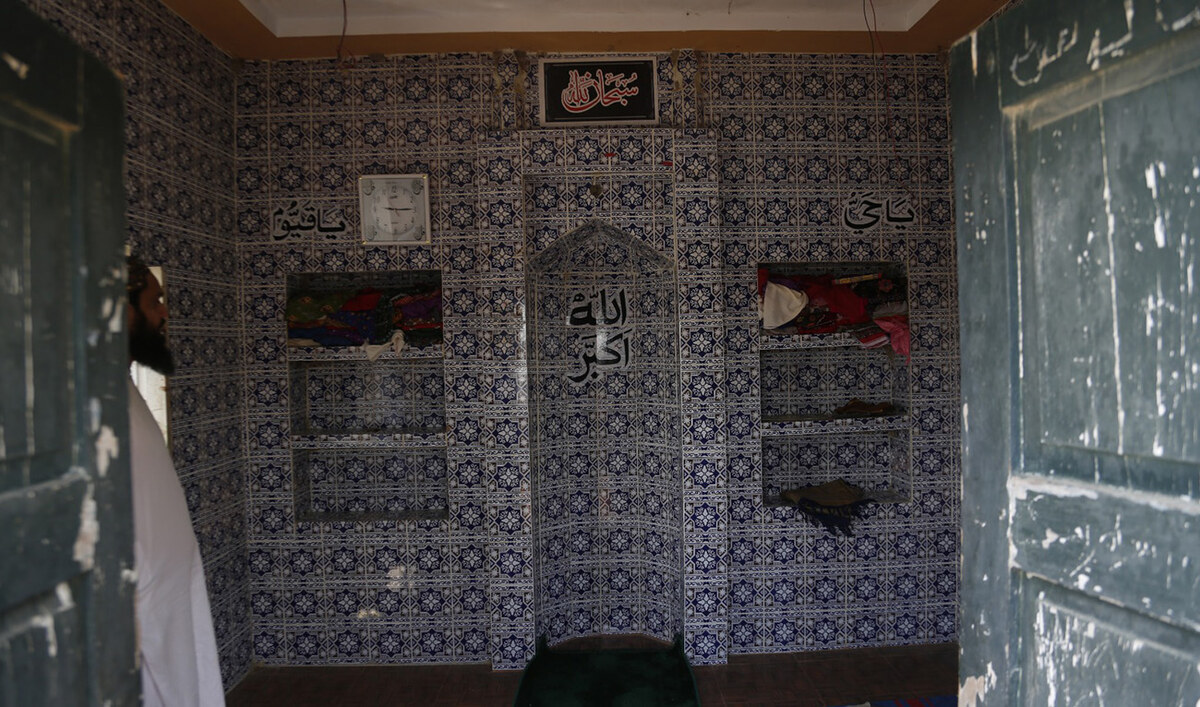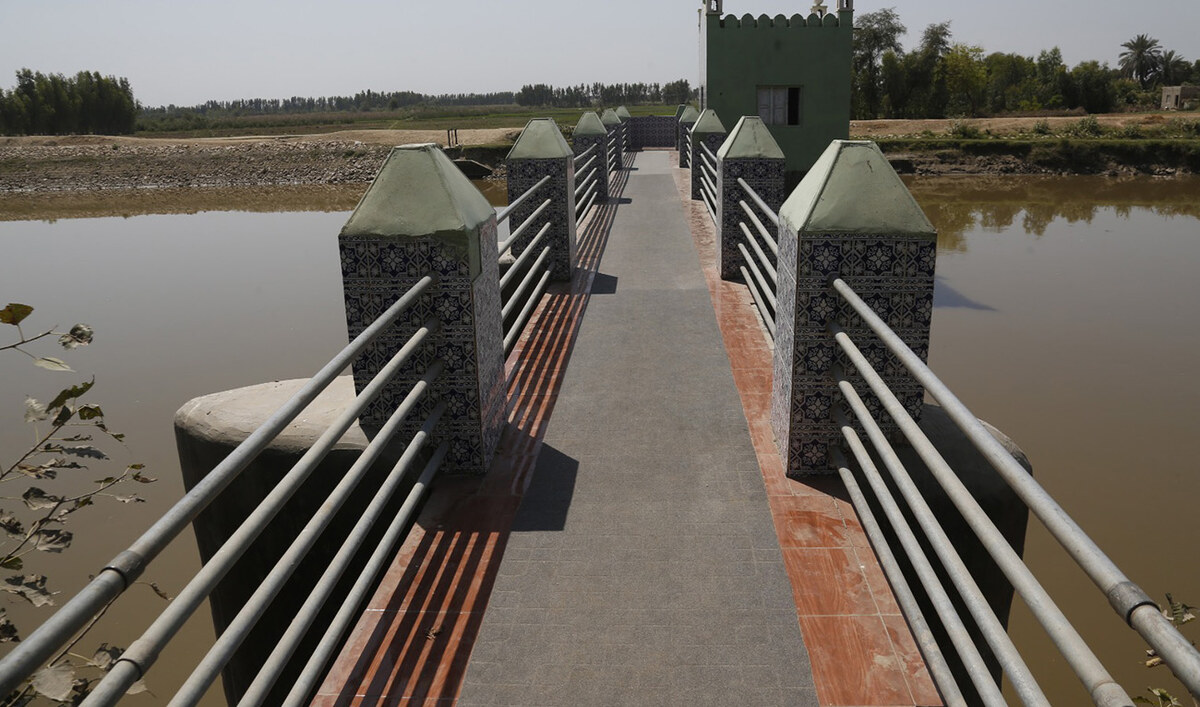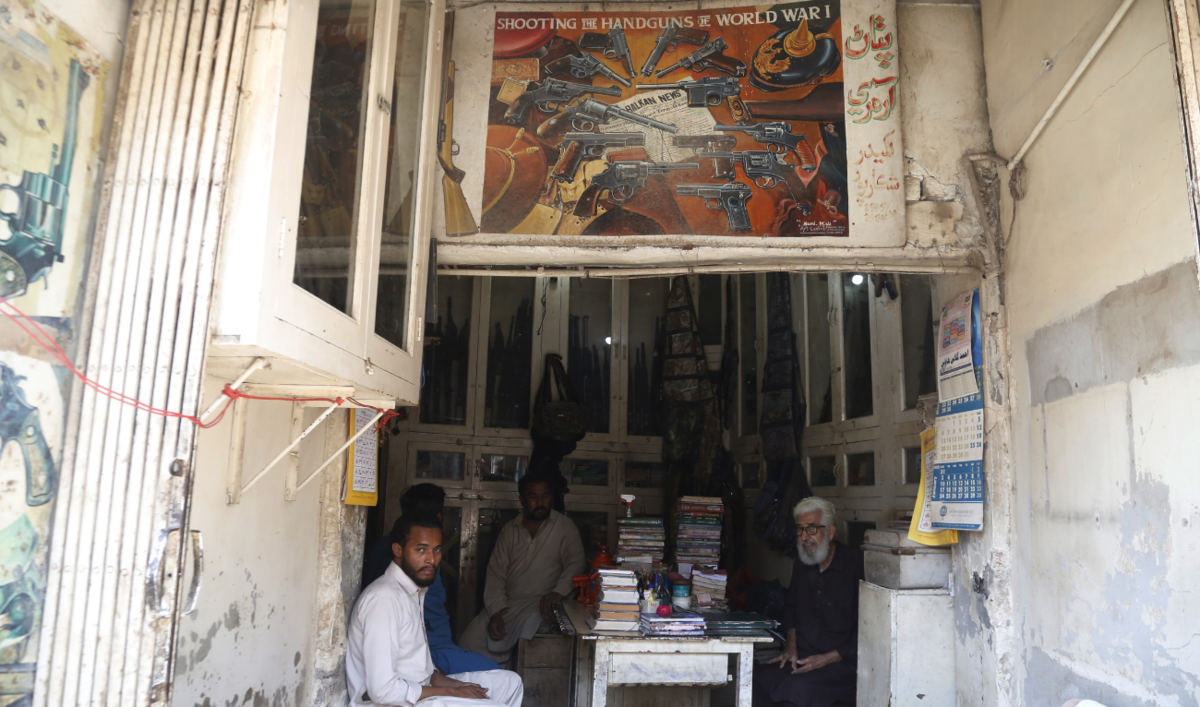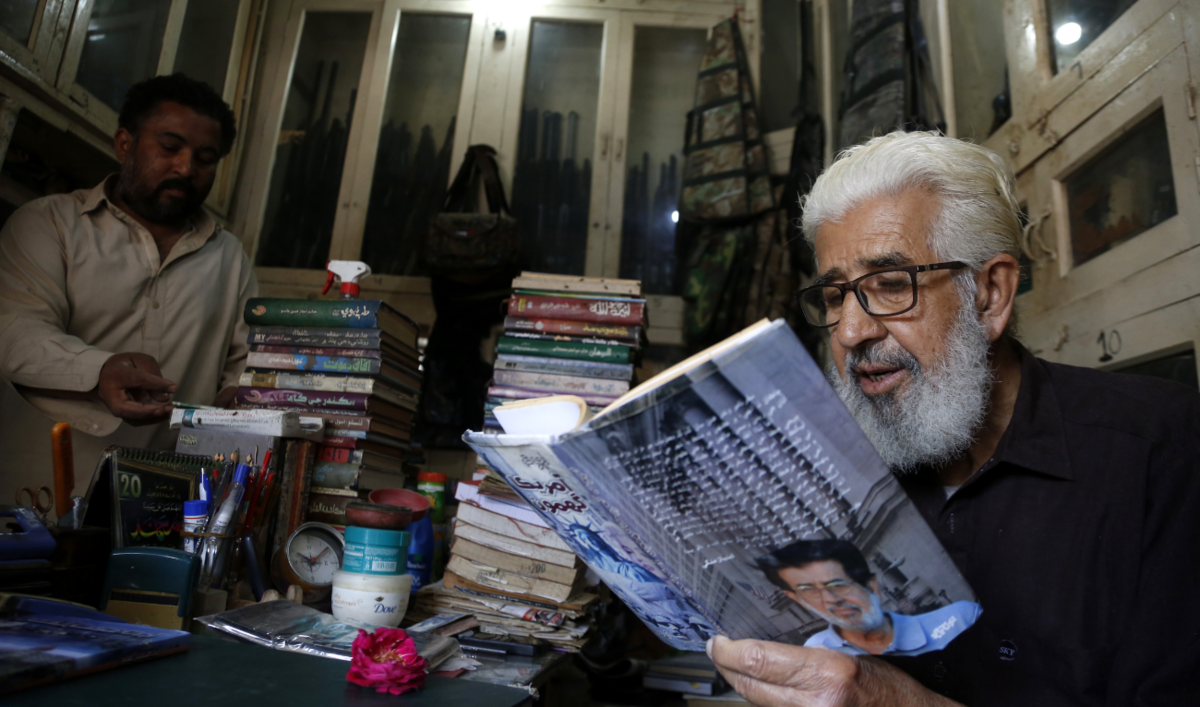ISLAMABAD: An International Monetary Fund (IMF) delegation is expected to hold an elaborate meeting with Pakistan’s finance minister Ishaq Dar in Geneva, said the global lending agency’s spokesperson on Sunday, as the country’s top government functionaries prepare to travel to the European city to attend a UN climate conference.
The event, which is scheduled to take place on Monday, will bring together heads of state and government along with senior representatives of international financial institutions and donor agencies.
Prime Minister Shehbaz Sharif and UN Secretary-General Antonio Guterres will host the conference which will highlight Pakistan’s reconstruction needs in the wake of the recent floods that killed more than 1,700 people and affected over 30 million others.
While the gathering is not billed as a pledging conference, Pakistani and UN officials are expected to highlight that around $16.3 billion are needed to carry out rehabilitation activities.
“The Managing Director had a constructive call with Prime Minister Sharif in the context of the International Conference on Resilient Pakistan to be held in Geneva on Monday, January 9,” an IMF spokesperson said in a media statement. “The MD again expressed her sympathy to those directly affected by the floods and supported Pakistan’s efforts to build a more resilient recovery.”
“The IMF delegation is expected to meet with Finance Minister Dar on the sidelines of the Geneva conference to discuss outstanding issues and the path forward,” the statement added.
Pakistan is facing a major economic crisis with mounting current account deficit, dwindling foreign exchange reserves and rapidly depreciating national currency.
The country’s central bank announced on Friday its forex reserves had plummeted to an alarmingly low level of $5.6 billion in the last week of December.
Under the current financial circumstances, experts have warned the government has no option but to meet the IMF terms and conditions to secure external financing.
The prime minister expressed his administration’s resolve on Saturday to implement the economic reforms specified by the international lender while giving a bailout plan in 2019, though these adjustments entail heavy political cost since it requires Pakistan to end fuel and power subsidies which can lead to spiraling inflation.
Pakistan’s finance minister also acknowledged the country’s economic woes last week, though he maintained the situation was under control since the government was expecting to receive financial deposits from some friendly nations.
An IMF review under the bailout facility is pending since September. Its successful completion can help the country secure about $1 billion from the global lending agency.























